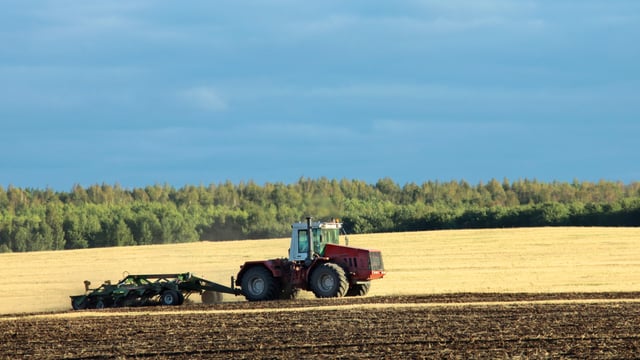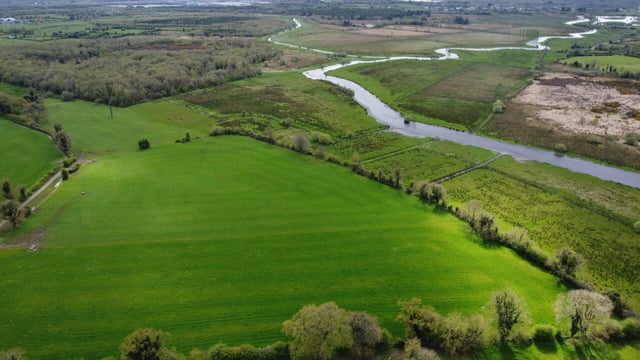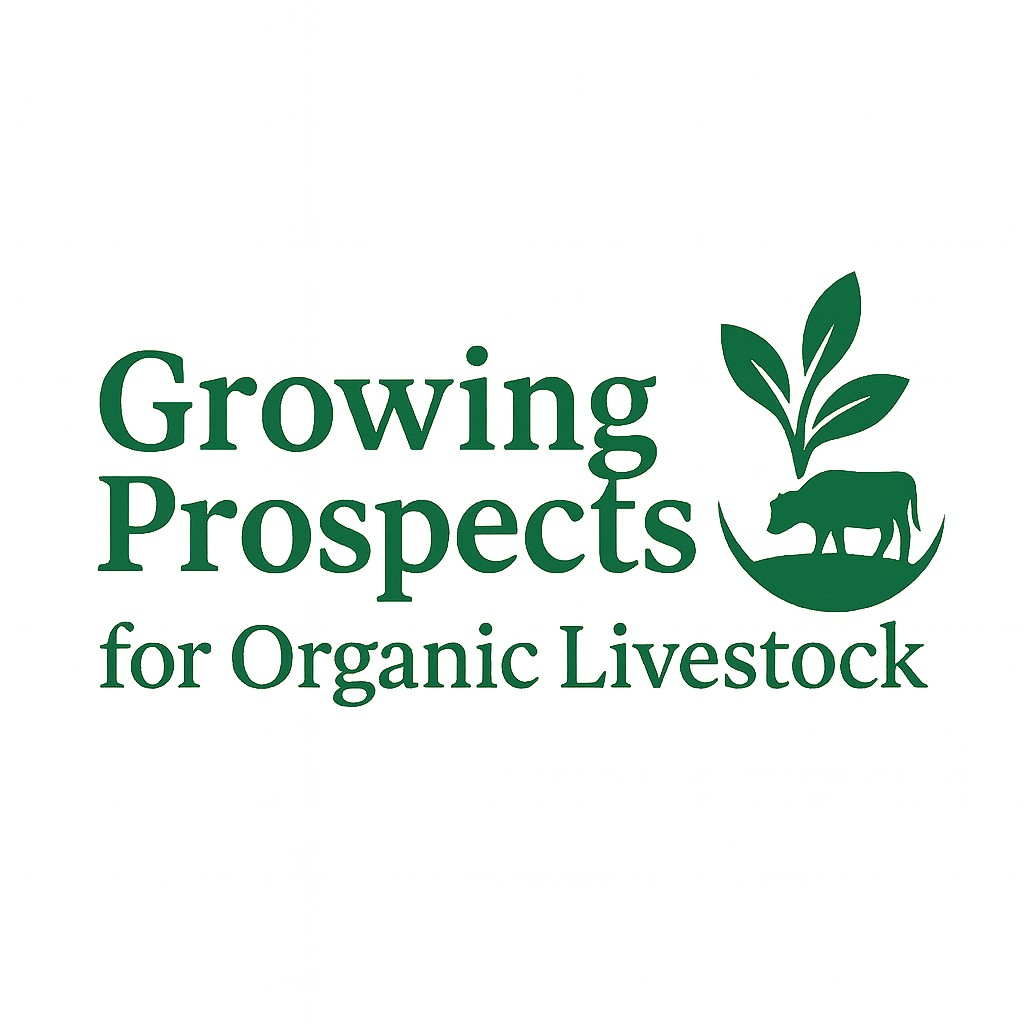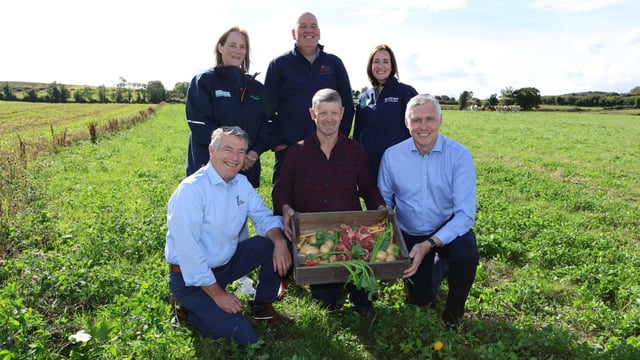EPA: Land 'could play a much stronger role' to lower emissions
The use of land "could play a much stronger role" than at present in reducing emissions, according to the State of the Environment Report 2024 published today (Thursday, October 3) by the Environmental Protection Agency (EPA).
The report gives details of greenhouse gas emissions, which shows reductions in all sectors except for agriculture.
Ireland currently emits higher levels of greenhouse gases per person than the EU average, with the agricultural sector, the largest contributor to overall emissions, accounting for 37.8%, excluding the LULUCF (land use, land use change and forestry) sector.
The transport and energy industries are the second and third largest contributors at 21.4% and 14.3%, respectively.
EPA projections also show that agriculture and transport emissions form the majority of effort sharing regulation (ESR).
Combined they represent 80% of projected ESR emissions in 2030 under both the 'With Existing Measures' scenario and the 'With Additional Measures' scenario.
The EPA stated that "significant emissions reductions" are needed within agriculture, along with innovations to achieve reductions are emerging in areas such as feed additives and new fertilisers.
The EPA said that the use of land within agriculture could be improved to move from being a "net source of emissions" to a "sink".
This could be done through a combination of enhanced afforestation on mineral soils and rewetting of drained organic soils, according to the EPA.
"It is recognised that developing world-class infrastructure takes significant time and investment from conception to implementation," the report states.
"However, the time horizon for achieving national and EU commitments is getting ever shorter.
"The longer this is delayed, the longer it will be before we realise the significant opportunities-including the social and economic co-benefits for people, communities and business – that can be delivered through innovation and decarbonisation," the report adds.
The EPA stated that until now, mitigation has been "the main policy focus", but that there is a need for adaptation to be used across society.





